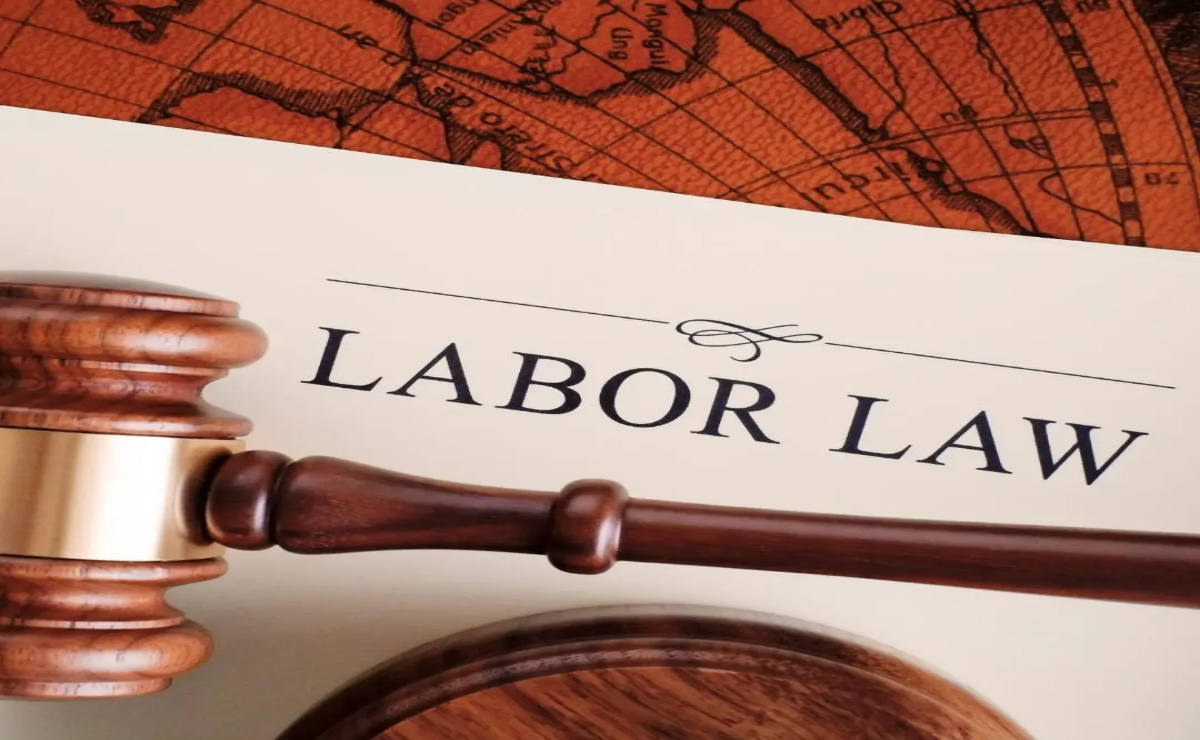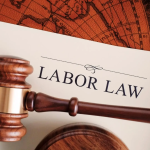Labour law governs the relationship between employers, employees, and trade unions, aiming to protect workers' rights while balancing the interests of businesses. It covers a broad range of issues, including employment contracts, wages, working hours, health and safety, discrimination, and wrongful termination. By setting out minimum standards for working conditions, labour law helps ensure fair treatment and safeguards against exploitation in the workplace.
One of the key aspects of labour law is the protection of employees' rights, including protection from unfair dismissal, equal pay for equal work, and freedom from discrimination based on gender, race, disability, or other factors. It also outlines the rights of workers to join unions and engage in collective bargaining to negotiate better pay, benefits, and working conditions. Employers, in turn, are required to comply with various regulations that govern workplace safety, overtime pay, and benefits such as sick leave and maternity leave.
Labour law is essential not only for protecting workers but also for promoting a fair and productive work environment. It helps businesses avoid costly legal disputes by ensuring compliance with employment standards and regulations. With the rise of remote work and gig economy jobs, labour law continues to evolve to address new workplace challenges and ensure that both employees and employers have clear, legally binding rights and responsibilities.





